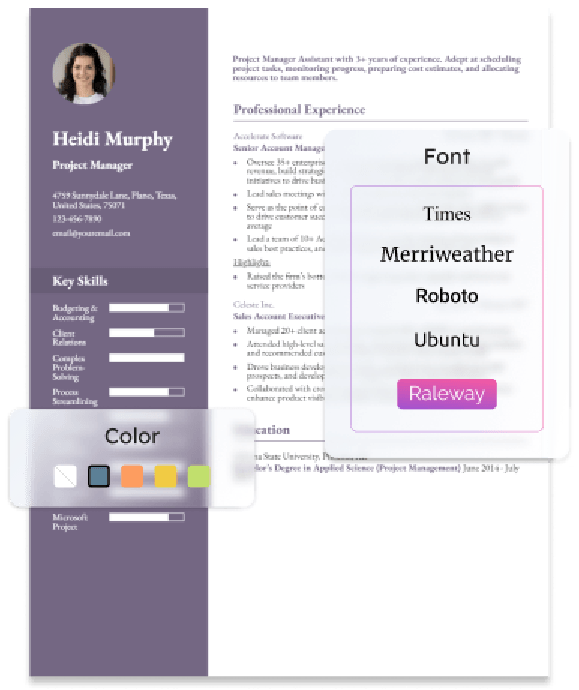Information Technology (IT) Resume Example
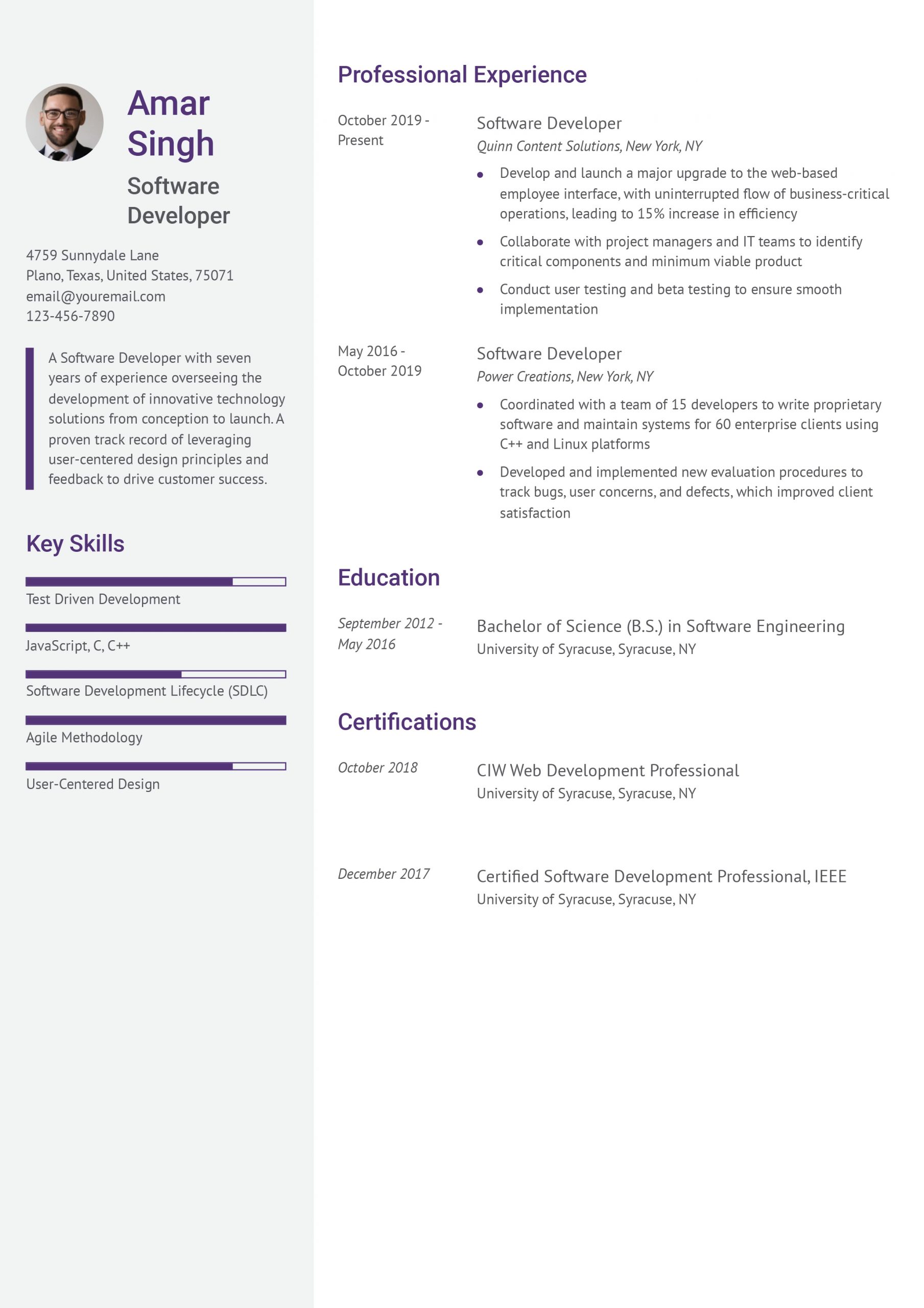
Health Care Resume Example
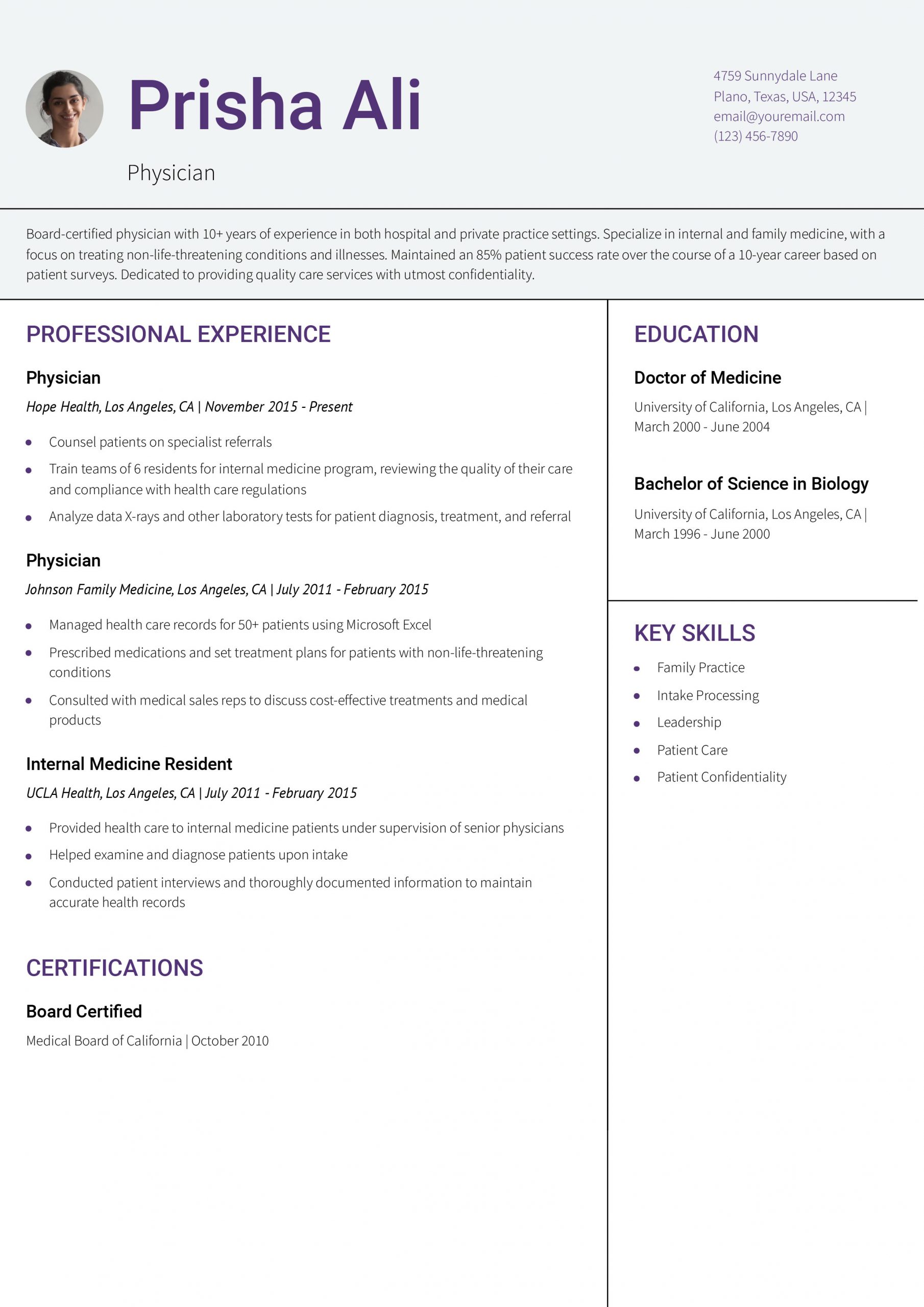
Teacher Resume Example
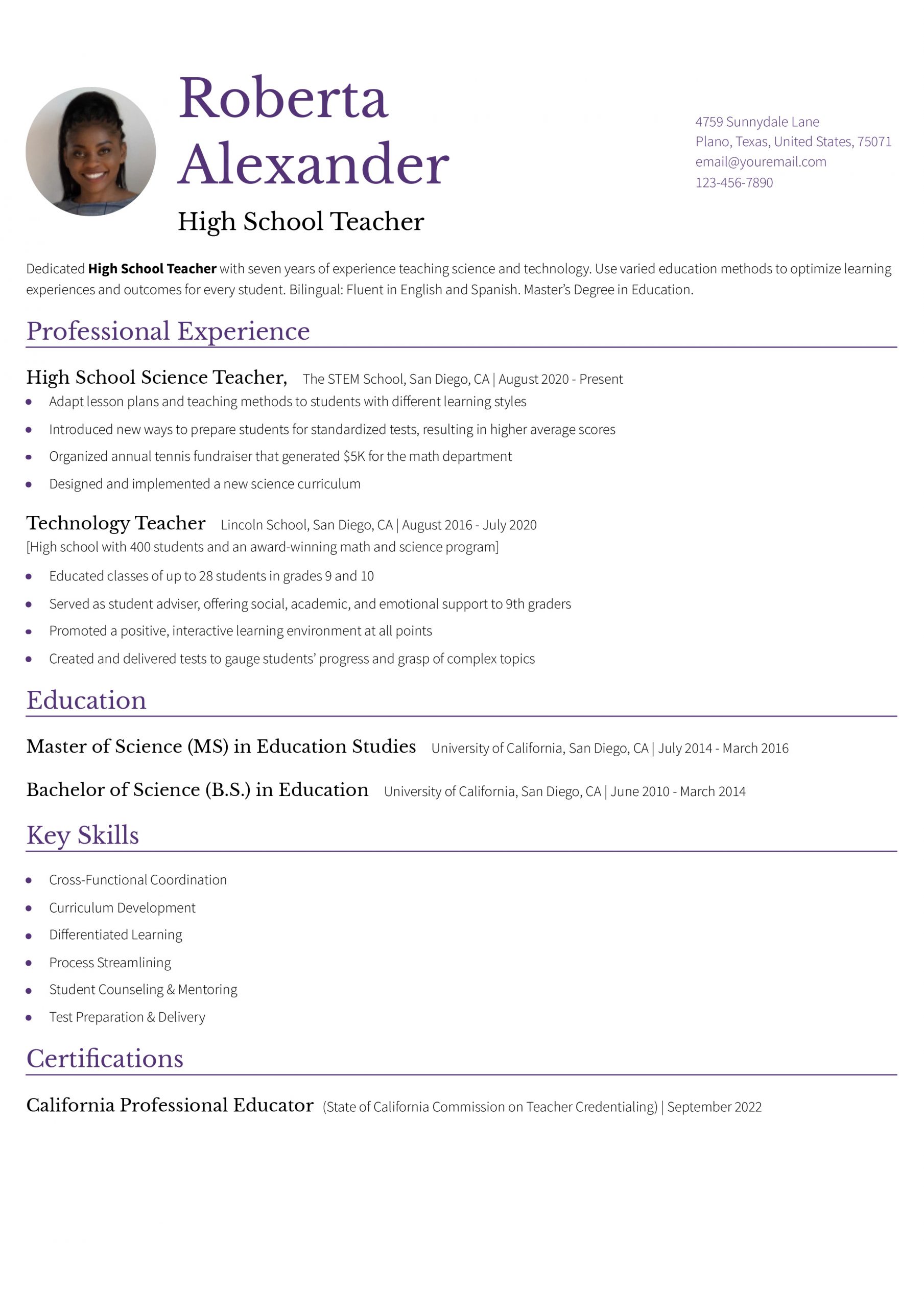
Engineering Resume Example
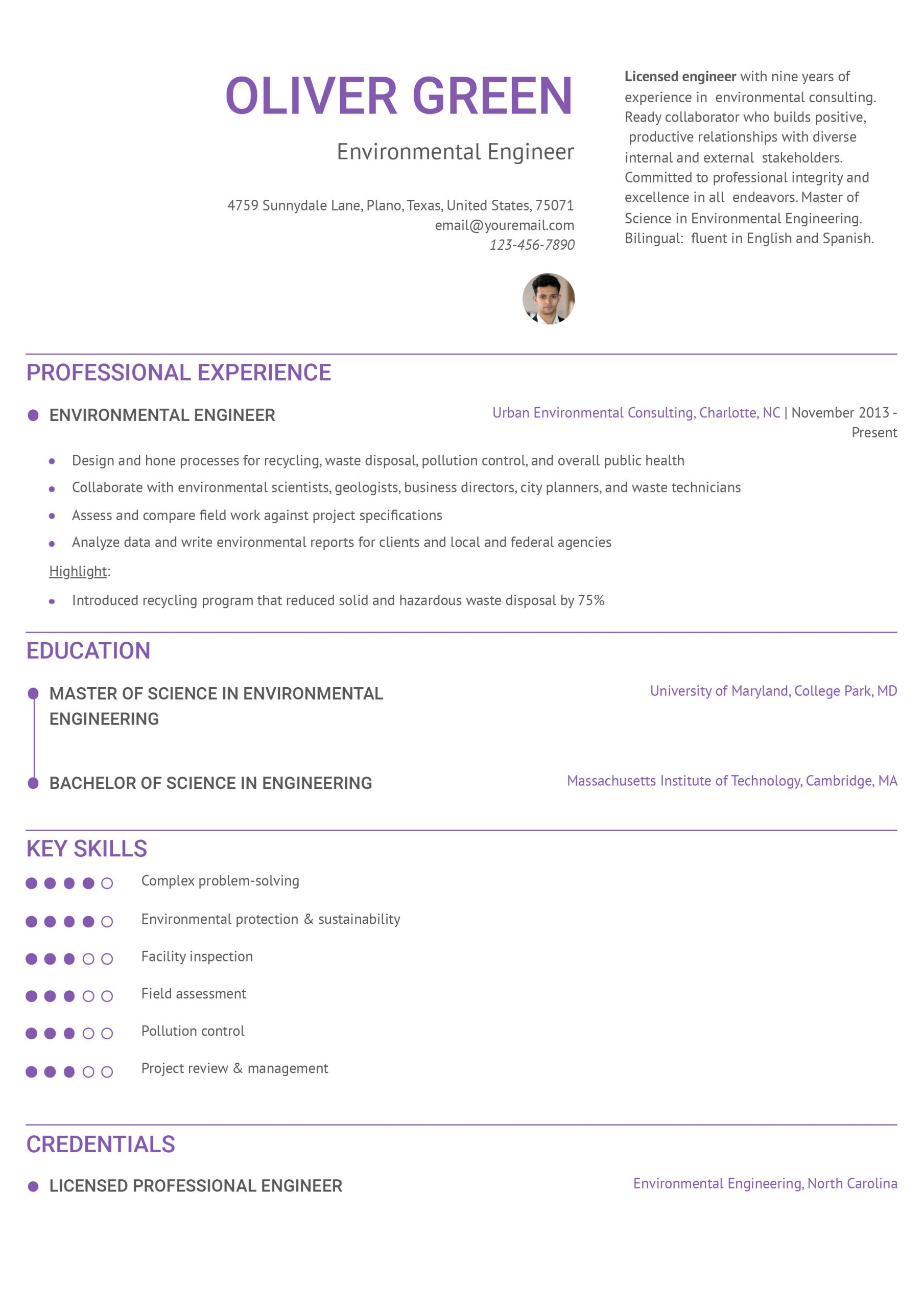
Financial Planning and Analysis (FPA) Resume Example
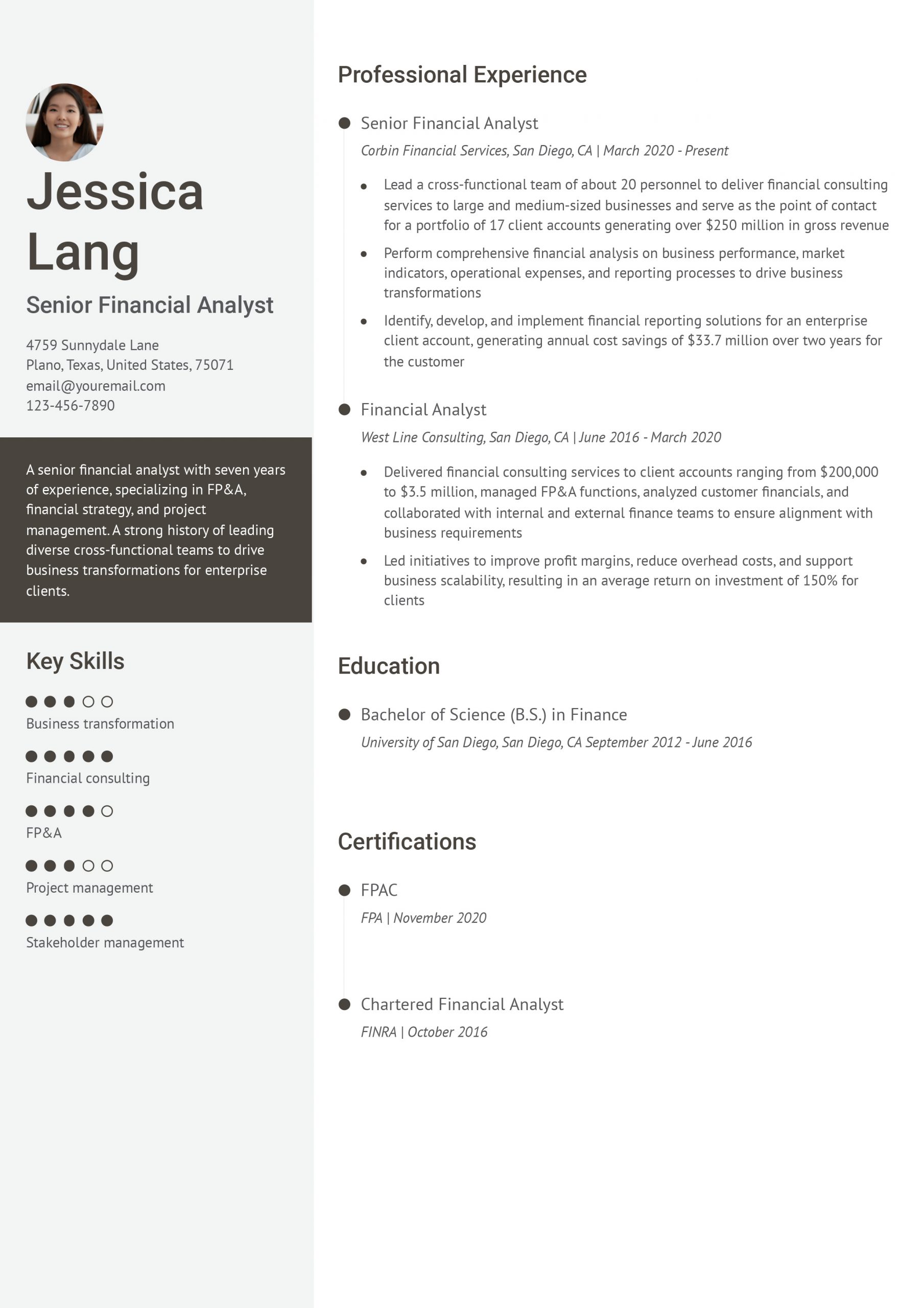
Web Designer Cover Letter Example
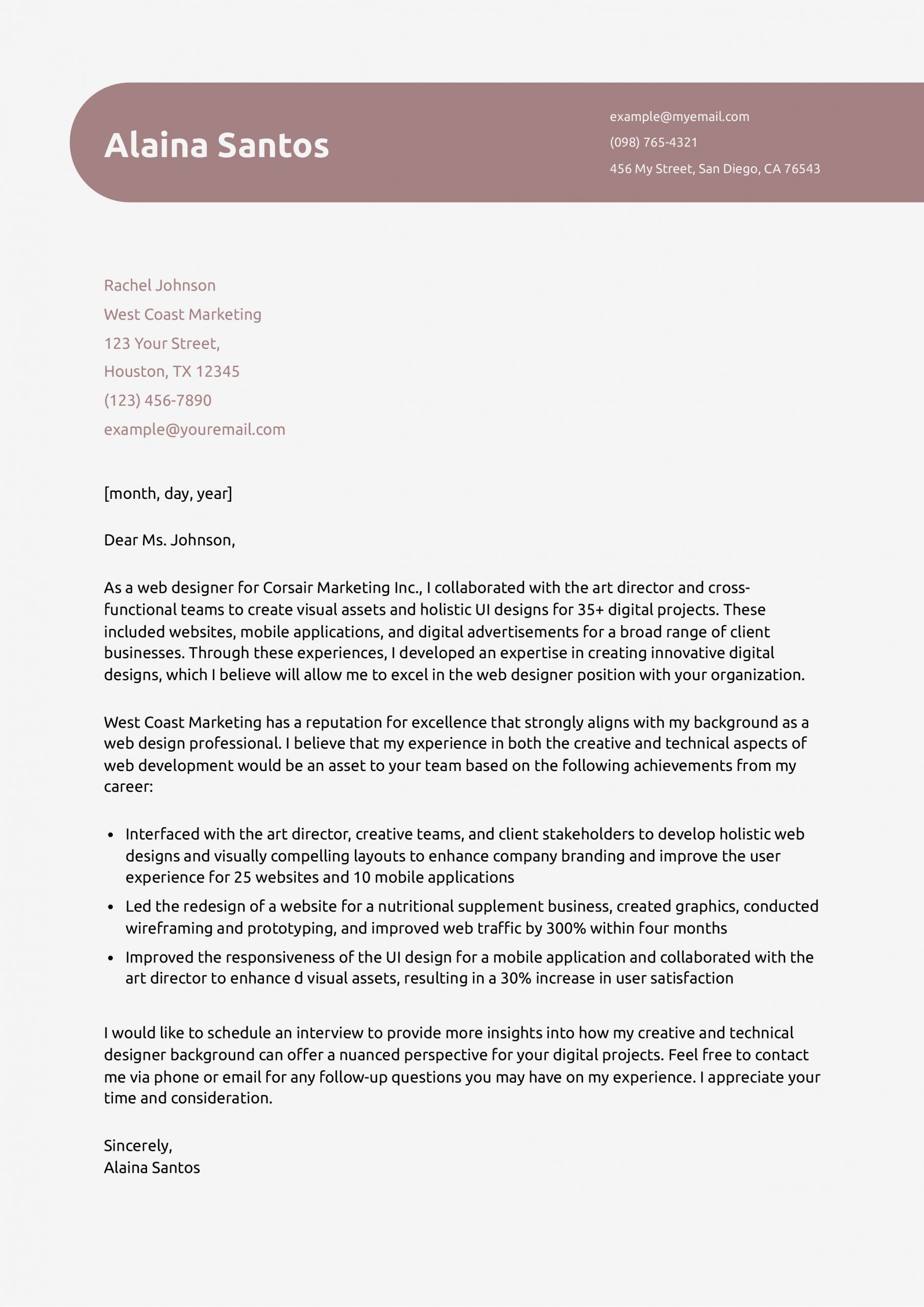
Our templates are crafted by professional resume writers to make creating your resume quick, easy, and effective.
- Professional resume template downloads
- Customized cover letter generation
- AI resume writing support
- Career-building resources and advice
Skills-based resumes, also known as functional resumes, differ from traditional formats by prioritizing skills, technical proficiencies, and industry knowledge over your work history. This resume is generally not recommended for most job seekers, as your professional experience should usually be the focal point of your document.
That said, a skill-based resume can be a viable option for entry-level candidates entering the workforce for the first time. This format can also benefit job seekers in the process of switching careers. Throughout this guide, we’ll provide expert tips and insights to help you make the most of a skill-based approach to your resume.
Skills-Based Resume Templates
A skills-based resume template focuses on the key competencies, expertise, and strengths you possess most relevant to the job. By prioritizing relevant industry skills, this template helps employers quickly see how you can contribute to their company. The design is simple and clean, allowing your unique skill sets to take center stage. However, this comes at the cost of minimizing details from your work history, so consider whether this option is best suited for your experience level and long-term career goals.
What makes a skills-based resume?
A skills-based resume is different from the traditional reverse chronological resume in that it prioritizes your industry knowledge and skill sets over your work history. While this approach might not be suitable for experienced job seekers, it can be a more practical choice for entry-level candidates. Here’s a breakdown of the key features:
1. Focus on Core Skills: Highlight your most relevant industry skills, allowing you to feature key terms that match the job description prominently.
2. Professional Experience Section: Your work history is listed briefly, emphasizing the skills you cultivated in those roles.
3. Organized by Skill Categories: Capabilities are organized into relevant sections, such as technical skills, leadership skills, or industry-specific competencies.
4. Concise Format: This is often a one-page format that focuses on clarity and industry knowledge.
When to pick a skills-based resume template
A skills-based resume can be suitable for candidates in the following situations:
- Career Change: This suits when you’re entering a new field and want to display transferable skills over unrelated past roles.
- Skills-Focused Jobs: These are jobs where specific skills are highly coveted, such as information technology, health care, and engineering positions.
- Re-entering the Workforce: If you’ve been out of work for a while, use this format to showcase your most relevant and transferable skills.
- Entry-Level Job Seekers: When you’re looking to break into your industry following graduation, you can rely on skills to compensate for a lack of work experience.
Expert tip: how to get the most out of this template
When writing your skills-based resume, focus on skills most relevant to the job you’re applying for. Ask yourself: “What competencies and qualifications do I need to emphasize to stand out to hiring managers?” Tailor each resume to the specific position by highlighting the core skills each job requires. Filter out irrelevant information and emphasize achievements that show how you’ve applied your skills in past roles. Keep it concise, and rely on bullet points for clarity and impact.
Frequently Asked Questions: Skills-Based Resume Templates
Do skills-based resumes work?-
Although skill-based resumes can work, we generally advise steering away from this format unless your situation is unique. Hiring managers are drawn to candidates with robust work histories and exceptional achievements. Unfortunately, this format tends to minimize the impact of your professional experience in favor of skills and industry terms, which could cause your application to be overlooked during the hiring process.
When is a skills-based resume best used?-
Skills-based resumes are particularly effective when transitioning into a new career or industry. They allow you to showcase transferable skills and focus on what you can do instead of how long you’ve worked in a particular field. It’s also great for individuals with extensive skill sets who may lack formal job experience or have gaps in their employment history.
What are the benefits of a skills-based resume?-
A skills-based resume offers many benefits:
- Highlights specific skills that align with the job you are applying for
- Emphasizes your industry knowledge, making you more appealing to employers
- Suits job seekers with diverse backgrounds or re-entering the workforce after a break
- Lets you downplay work gaps and irrelevant work experience that may not align with your target job
More Resume Templates
Looking for a different resume template? Check out these other resume templates to find the one that best suits your needs:
Craft your perfect resume in minutes
Get 2x more interviews with Resume Builder. Access Pro Plan features for a limited time!


